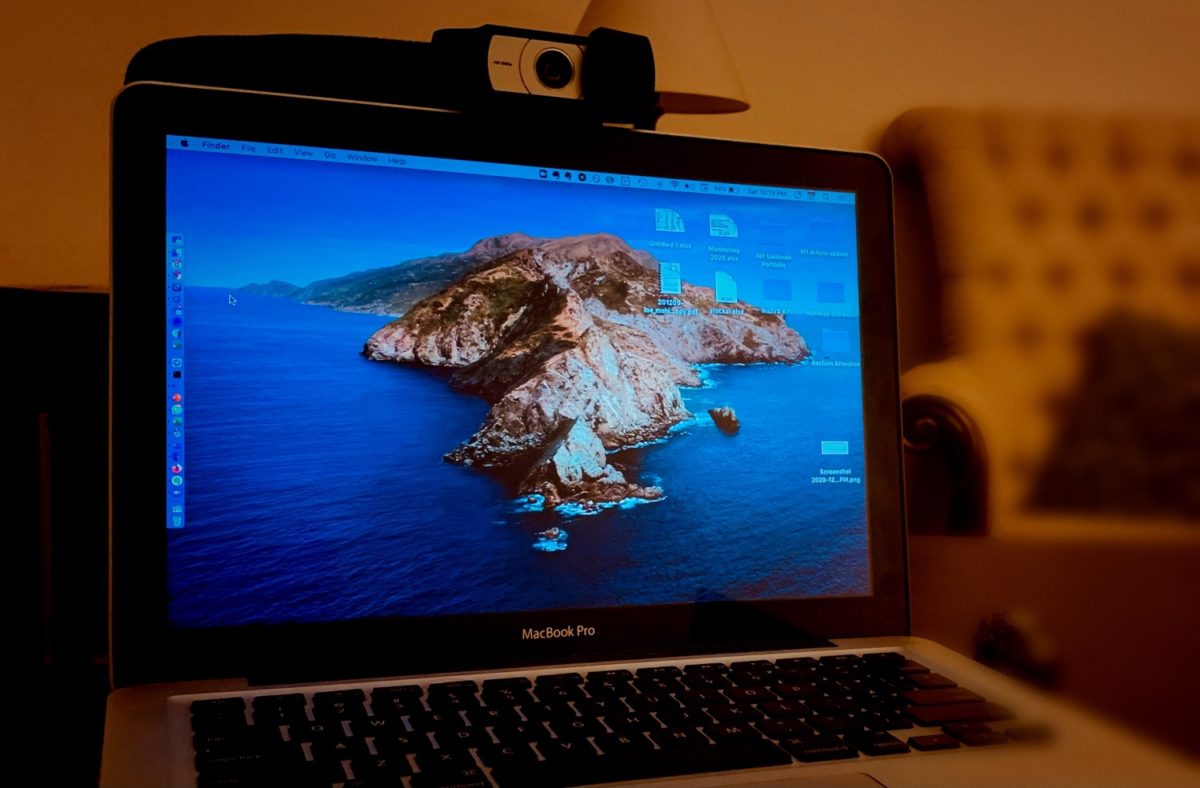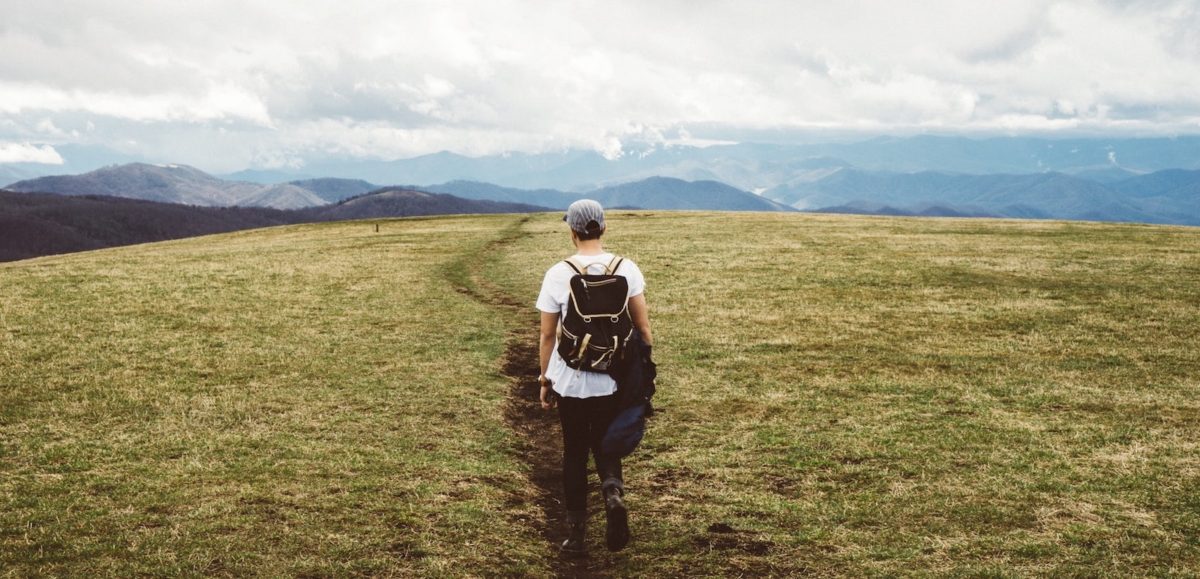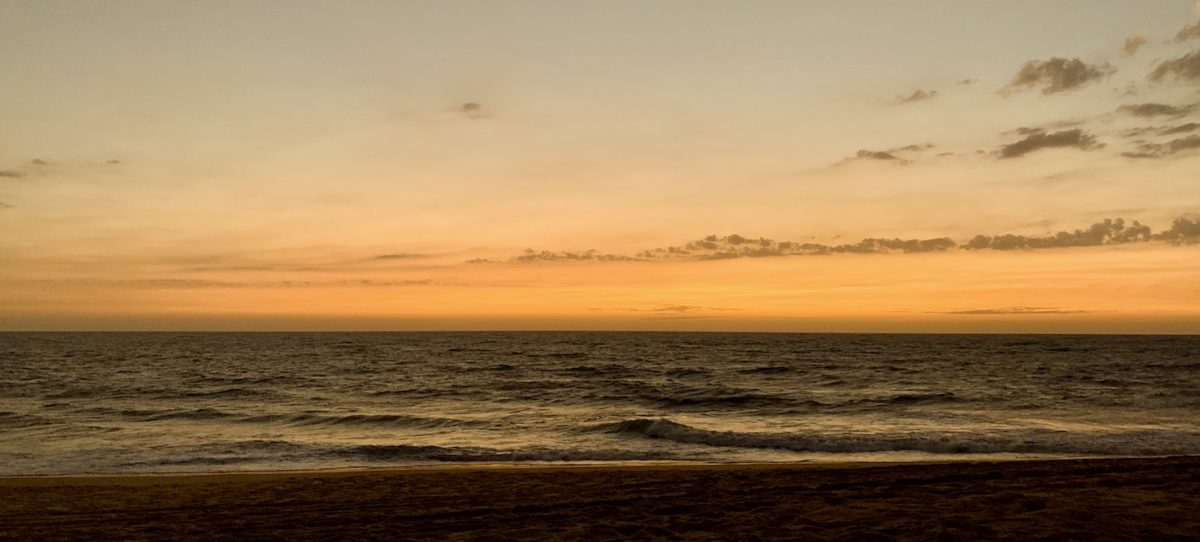A few times a year I think about this post that’s now over ten years old:
Under [a 40 hour work week] people have to build a life in the evenings and on weekends. This arrangement makes us naturally more inclined to spend heavily on entertainment and conveniences because our free time is so scarce.
I’ve only been back at work for a few days, but already I’m noticing that the more wholesome activities are quickly dropping out of my life: walking, exercising, reading, meditating, and extra writing.
The one conspicuous similarity between these activities is that they cost little or no money, but they take time.
We’ve been led into a culture that has been engineered to leave us tired, hungry for indulgence, willing to pay a lot for convenience and entertainment, and most importantly, vaguely dissatisfied with our lives so that we continue wanting things we don’t have. We buy so much because it always seems like something is still missing.
– Your Lifestyle Has Already Been Designed, Raptitude
This is not a post that rails against capitalism, or suggests that employment is a corporate conspiracy – a few quick Google searches throw up much in that area for entertainment.
I share this simply so that we’re aware of the bargain we make – money for time. Especially since time is your only finite resource.
We’ve discussed the finiteness of time before in the context of attention being a scarce resource, but there’s an opportunity cost of time for everything in your life. Since you can’t do anything but spend your time, do so wisely.
The move to working from home is a plus for many of us because of the inherent flexibility. Depending on the amount of agency you have at your job, you can take a mid day drive or a nap. Do the crossword. Fix yourself a quick lunch. Take your calls from a park, and continue on a quiet walk once you hang up the phone.
But perhaps most importantly, you can indulge (some) of your interests during a workday that otherwise would have to wait until the evening or the weekend.
By asserting more control over your time, there’ll be less pressure on your to make up for it by spending money. Spending time on something you love is also more rewarding than spending money on it.







